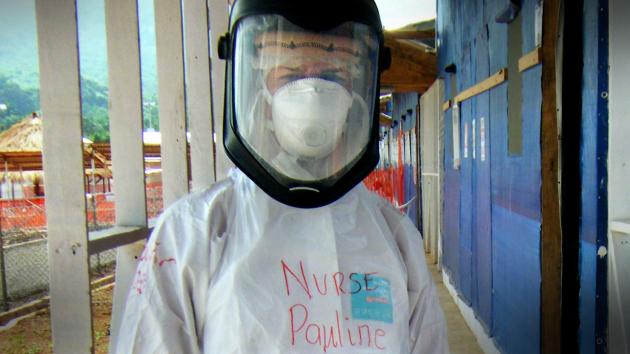NHS nurse who returned
to U.K with the dreaded Ebola Virus Disease is now in worse condition. A
statement from the Royal Free Hospital where she was flown
to after the diagnosis in Glasgow confirmed this.
The
Royal Free Hospital said it was "sorry to announce that the condition
of Pauline Cafferkey has gradually deteriorated over the past two days".
The patient -
understood to have been volunteering for Save The Children - was admitted to
hospital early on Monday morning after feeling unwell
and was placed into isolation at 7.50am.
At the Royal Free
Hospital, she was treated with an experimental anti-viral drug and blood from
disease survivors. These appeared to be less effective to curing the disease.
Health Secretary Jeremy
Hunt also expressed his concern,
adding: "I know Dr Mike Jacobs and his team at the Royal Free Hospital are
working tirelessly to provide her with the best possible care."
Microbiologist
Professor Hugh Pennington said patients responded to Ebola treatment
differently.
"Some
patients with Ebola get sick and then they get better. Not everybody
dies," he said.
For this reason,
he said, it was "very difficult" to tell how effective treatments
would be - especially when "relatively small numbers of people are being
treated with these various experimental approaches".
Ms Cafferkey flew home
through Cassablanca, through Heathrow Airport. Her temperatures were taken
several times within the intervals of 30 minutes at the airport before she was allowed
to fly to Scotland. At the sudden change of her temperature at home, she was
isolated and diagnosed at Glasgow's Gartnavel Hospital. She tested positive to
the Ebola Virus Disease.

She was then
transferred to the Royal Free's specialist treatment centre.
Ebola is
transmitted by direct contact with the bodily fluids of an infected person, such as blood,
vomit or faeces.
The virus has
killed more than 7,800 people, almost all in West Africa, since it broke out a
year ago.
The World Health
Organization says the number of people infected by the disease in Sierra Leone,
Liberia and Guinea has now passed 20,000.
Nigeria and
Senegal have been able to contain the spread of the disease through meticulous
contact tracing and isolations.












0 comments:
Post a Comment